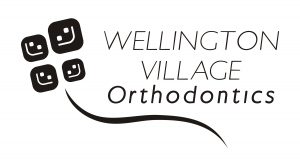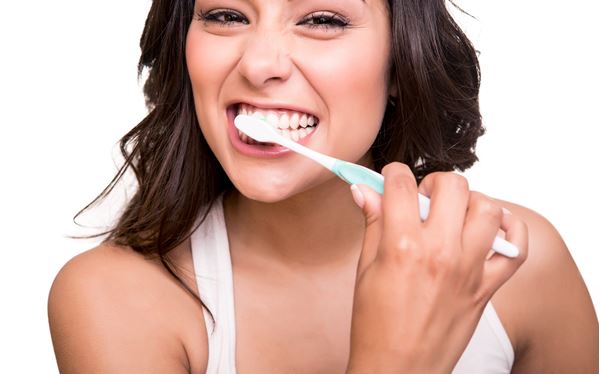Spring is finally here. The snow is melting, the sun is shining, and the birds are singing. But this month we’re not only celebrating the return of spring, we’re celebrating national oral health month.
You may not have known it, but your oral hygiene is more than just white teeth and good breath, it affects the overall health of your body. If you’re not properly maintaining your teeth it could be affecting you both physically and mentally so read on for tips for great oral health.
-
-
- Start your children off on the right foot; oral health should begin as soon as your child’s first tooth appears, usually around six months. You can wipe their teeth with a clean, damp cloth or a very soft brush. At around 3 years old, you can let your child start brushing their teeth themselves just make sure to supervise and complete the brushing if needed.
- Brush twice a day and floss daily. Brush your teeth when you first wake up and right before you go to sleep. This is important because your saliva dries up while you’re sleeping so your teeth are more prone to plaque. You want to remove this plaque as soon as you get up and right before sleeping.
- Don’t forget to also brush your tongue to remove bacteria and freshen your breath.
- Toothbrushes should be changed 3 to 4 times a year.
- Always rinse your toothbrush with water after brushing. Store your toothbrush in an upright position and allow it to air-dry between uses. Don’t keep your toothbrush covered or store it in closed containers, this can cause the growth of bacteria.
- Try to rinse your mouth with an antibacterial rinse after meals, this can help prevent decay and gum problems. Or you can chew sugar-free gum after a meal, which can also protect your teeth by increasing saliva flow, which naturally washes bacteria away.
- Use enough but not too much fluoride. Fluoride prevents tooth decay, which is why it’s put into drinking water and many kinds of toothpaste. However, there can be too much of a good thing, especially for children.
-

